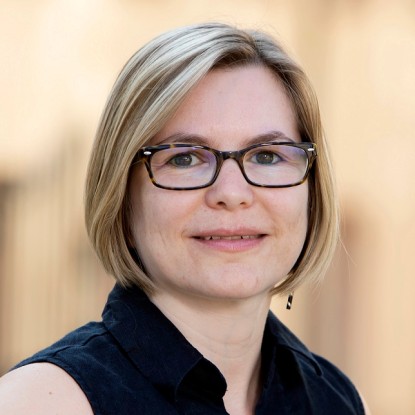Top research competition “Cluster Projects”: Prof. Knodt successful with project on new storage technology for a sustainable power supply
Iron has enormous potential for storing and transporting large amounts of renewable energy. Scientists at TU Darmstadt want to prove this in the research project “Clean Circles”. The project is being funded with 5.7 million Euro as part of the Cluster Projects funding line of the state of Hesse in preparation for the next round of the Bund-Länder Excellence Strategy until 2025.
Together with partners from the Karlsruhe Institute of Technology, the Darmstadt University of Applied Sciences, the University of Mainz and the DLR Institute for Low CO2 Industrial Processes, the TU Darmstadt wants to demonstrate in a new research approach how the abundant raw material iron and its oxides can be used in a cycle system as a carbon-free chemical energy carrier to store electricity generated from renewable sources such as wind and sun. “The Clean Circles research network will contribute significantly to a future climate-neutral energy and circular economy,” the spokespersons Prof. Hasse and Prof. Dreizler are convinced.
Experts from engineering, natural science, political science and economics disciplines are working together on a sustainable future solution for the time when the nuclear and coal-fired power plants in Germany are shut down. Because then their output will have to be replaced and the challenge of balancing out fluctuations in the feed-in of domestic wind and solar energy into the power grid will have to be met.
“Innovations can only succeed in the energy transition if they are technically feasible, financially viable, politically enforceable and socially accepted. This is also the case with the storage technology analysed in Clean Circles, where political science can once again work together with engineering and natural sciences on new ideas for energy transformation,” explains Prof. Knodt.
The research consortium led by the TU Darmstadt is pursuing the approach of converting thermal power plants that were previously operated with coal to operate with iron dusts. Due to its excellent physical-chemical properties, iron offers the possibility of establishing an energy-substance cycle. When energy from renewable sources is stored, iron oxide is reduced; locally and temporally separated from this, the iron is oxidised, releasing energy to generate electricity without any CO2 emissions, thus initiating the storage process.
With the innovative “iron cycle” approach, the research team is also turning its attention to wind- and sun-rich locations outside Germany: Renewably generated electrical energy could be produced there at low cost, stored in the iron, easily transported to Germany and thus integrated into a CO2-free circular energy economy.
Funding institution: HMWK
Funding period: 01.04.2021 – 31.03.2025
Funding budget: € 217.872,00
Total funding budget: € 5.389.159,00
| Name | Working area(s) | Contact | |
|---|---|---|---|
| Professors | |||
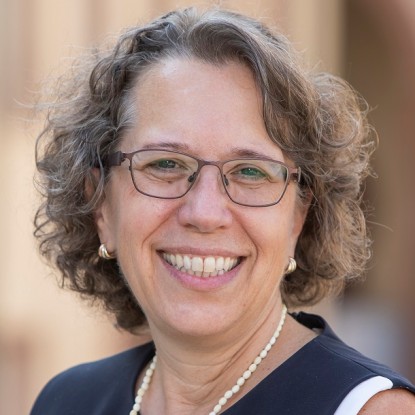
Picture: IfP
| Prof. Dr. Michèle Knodt Chair | Project Leader | Comparative Politics and European Integration | knodt@pg.tu-... +49 6151 16-57353 S3|12 439 |
| Academic staff | |||
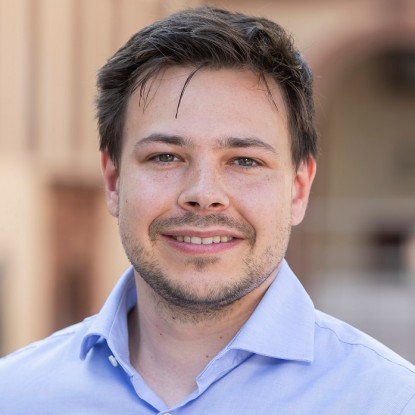
Picture: IfP
| Lucas Flath M.A. Research Associate | Comparative Politics and European Integration | flath@pg.tu-... +49 6151 16-57338 S3|13 334 |
| Professors | |||
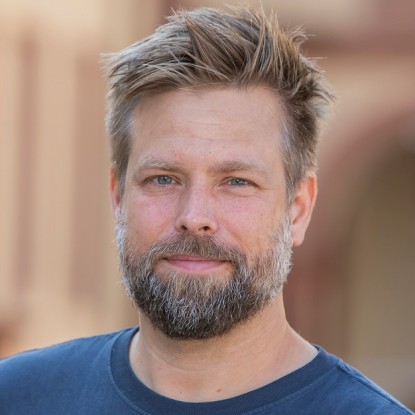
Picture: IfP
| apl. Prof. Dr. Kai Schulze Research Associate | Comparative Politics and European Integration | schulze@pg.tu-... +49 6151 16-57340 S3|13 335 |
| Past employees | |||
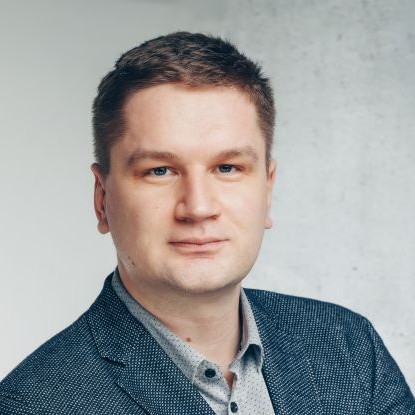
Picture: Mile Misic
| Mile Mišić M.Sc. Research Associate | Junior Research Group Clean Circles, Comparative Politics and European Integration | |
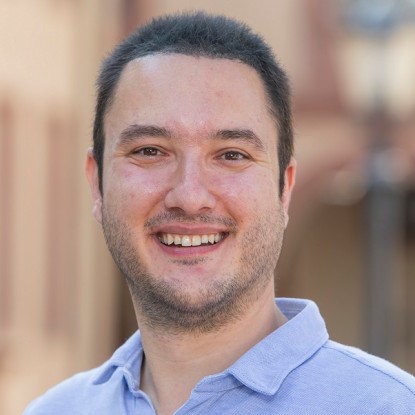
Picture: IfP
| Nikola Radojičić M.A. Research Associate | Junior Research Group Clean Circles, Comparative Politics and European Integration | |










